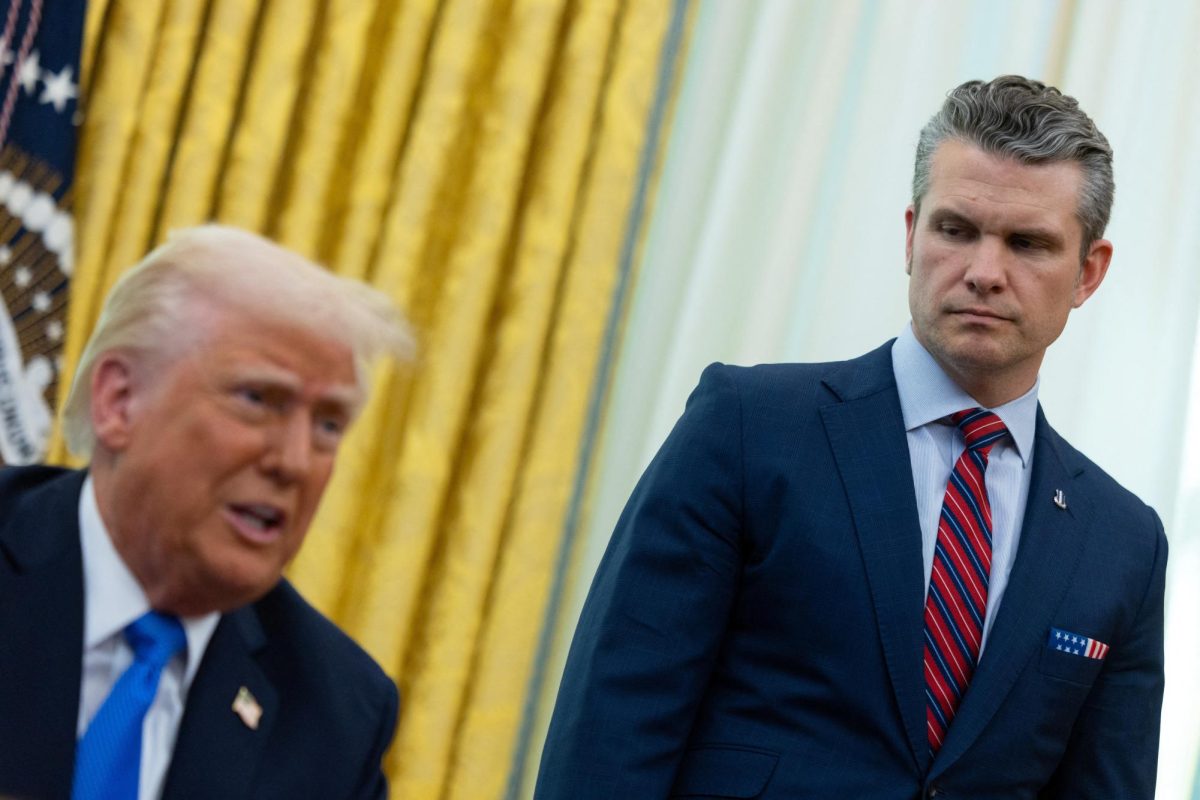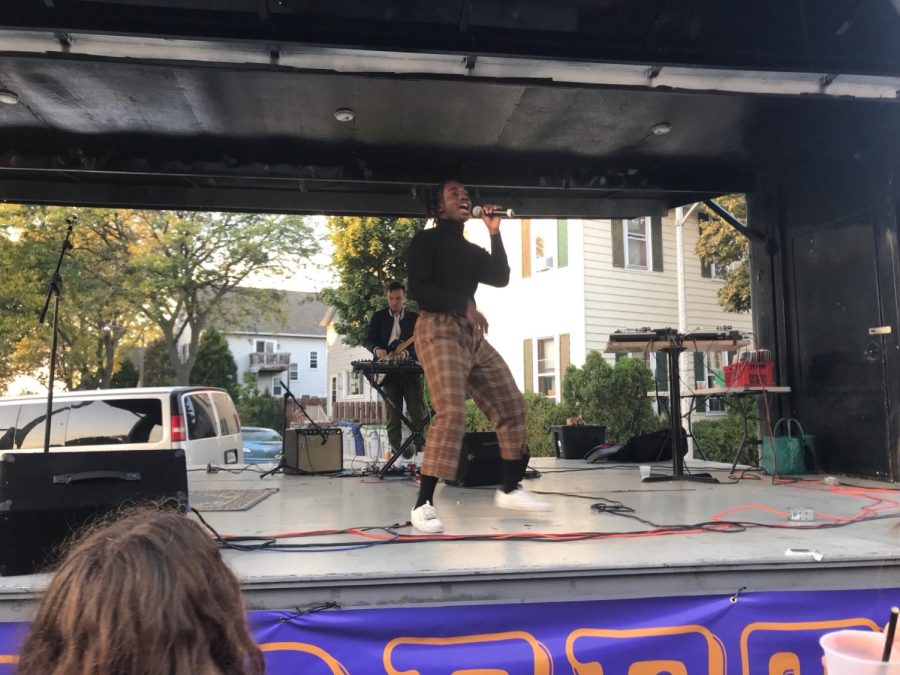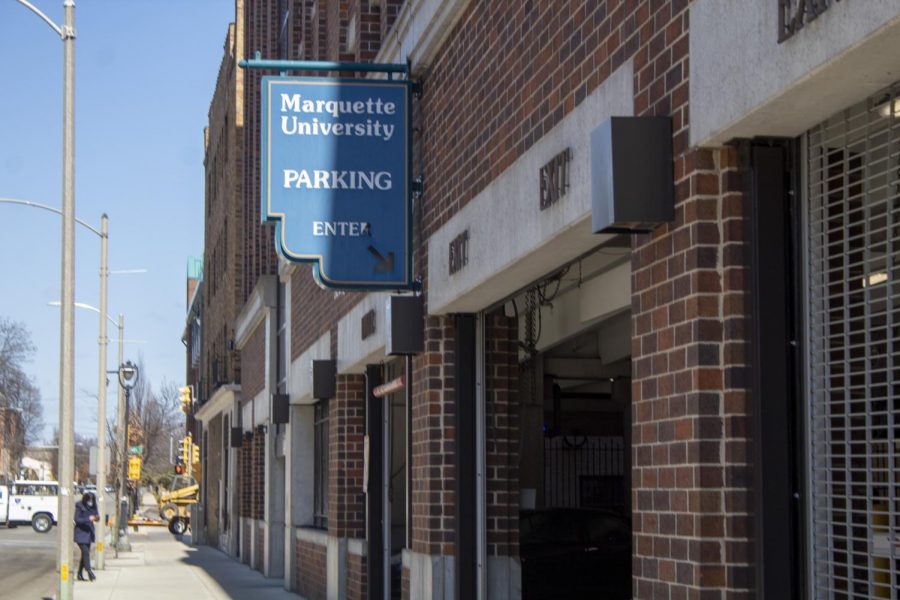Although the 2020 presidential election was estimated to have the highest voter turnout rate, there were still some Americans who decided not to vote. While voting is one form of political activism, there are still other important and meaningful ways to engage in politics, year-round, and not just on election day.
Following and voting in local elections, such as on the city or county level, can keep one more involved in local politics as well as be aware of issues that directly impact your community. People may feel that their vote in presidential elections may not matter as much, but getting involved in local elections is a great way to make a real change. Many local elections include voting for mayor or city manager, city council members and a district attorney.
Another way to be more politically active is to connect with one’s local and state representatives. People can find their U.S. Representative by going to the U.S. House of Representatives website and putting in their ZIP code. Contacting one’s representative allows them to communicate what issues matter and believe their representative should support as well.
People can also stay active in their communities by attending town hall meetings that are open to the public. There, one has the ability to have their voice heard by local public officials.
Volunteering to work at a polling place or help people register to vote is also a great way to stay politically active.
One can also participate in public protests and demonstrations to show your support for a cause.
Over the summer, several polls estimated that the Black Lives Matter movement may be the largest social movement in the U.S. with approximately 15 to 26 million people.
Participating in protests gives one the opportunity to have their voice heard and be a visible supporter for a cause. If one feels comfortable amid the coronavirus pandemic, getting involved in a public protest in their community is a great way to stand up for what they believe in.
Another way to be politically engaged is by joining or donating to political campaigns. Giving one’s time or donations if financially able is a great way to support candidates who people believe share and represent their values.
Additionally, it is important that people educate themselves on issues that they care about. This can include making sure to read reputable news organizations and sources as well as diversifying where one gets their information from. It’s also important to get one’s news through different forms, such as print and different multimedia like podcasts and television news networks.
It’s also imperative that people have more political conversations with those who share different values than themselves. While engaging in these conversations may be uncomfortable and difficult, being able to discuss different topics can lead to opportunities of understanding and a deeper understanding of someone else’s and one own’s perspective.
Sharing posts and being active on social media can also serve as a way for one to be politically active as they are continuing to learn about political issues, as well as create the possibility for creating more conversations.
All forms of political activism are important to make sure we are continuing to have our voices heard and participating in our democratic system. Staying active in politics beyond voting is essential to ensuring that we strive for a better country and future, and we must all do our part to keep the momentum going.
People can be politically active at all ages, places and points in time; getting involved in politics doesn’t just have to happen during an election year.
For example, Marquette students can diversify their course selections as well as attend student organization meetings that help them get out of their comfort zones and learn about issues.
While voting in presidential elections is a significant way to be politically active, everyone should try to find ways they can be politically active everyday, not just every four years.
Editorial topics by the Marquette Wire are decided at weekly meetings between members of the executive board. The editorial is crafted with leadership by the executive opinions editor. The executive board consists of the executive director of the Wire, managing editor of the Marquette Tribune, managing editor of the Marquette Journal, general manager of MUTV, general manager of MUR and nine additional top editors across the organization.










